Empire of the Censors (1995)
Gênero : Cinema TV, Documentário
Runtime : 2H 0M
Director : Saskia Baron
Sinopse
The history of film and video censorship in Great Britain.

Lifting the lid on the world of cinema censorship, this programme has unique access to the files of the British Board of Film Classification. Featuring explicit and detailed exchanges between the censor and film-makers, 'Dear Censor' casts a wry eye over some of the most infamous cases in the history of the board. From the now seemingly innocuous Rebel Without a Cause, the first 'naturist' films and the infamous works of Ken Russell, and up to Rambo III, this frank and surprisingly warm documentary demonstrates how a body created by the industry to safeguard standards and reflect shifts in public opinion has also worked unexpectedly closely with the film-makers themselves to ensure that their work was able reach an audience.

Residents of a big city, each of whom has their own sexual problems and desires, secret and, most often, shameful from the point of view of society, need to solve them. Each of the characters tries to solve their problems in their own way: someone sublimates them, someone turns to a psychotherapist for help, someone rushes into experiments... but sooner or later they all return to where they started, and they have to overcome themselves again and again to get at least a little, even a millimeter closer to their happiness.
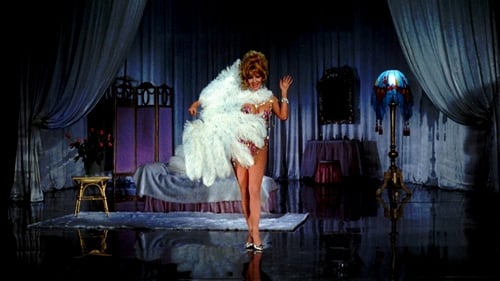
What was the role of women in Spanish cinema from the 1930s to the present explained through fragments of different films, both fiction and non-fiction. (Followed by “Manda huevos,” 2016.)
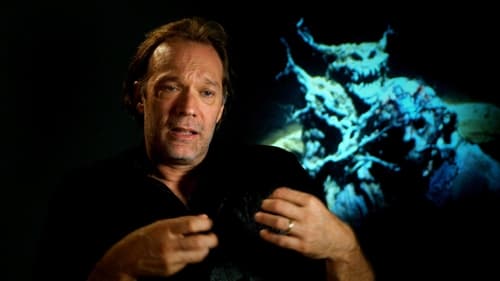
Taking inspiration from Peter M. Bracke's definitive book of the same name, this seven-hour documentary dives into the making of all twelve Friday the 13th films, with all-new interviews from the cast and the crew.

Um diretor de cinema lembra como, em sua infância, ele se apaixonou pelo cinema de sua cidade e iniciou uma profunda amizade com o projetista.

Um documentário explorando 30 anos da série de filmes "Friday The 13th", apresentando todas as novas entrevistas com elenco e equipe de todos os 12 filmes e vários fãs e cineastas de terror.

The history of the irreverent "The Smothers Brothers Comedy Hour" and the content battles it fought with its television network.
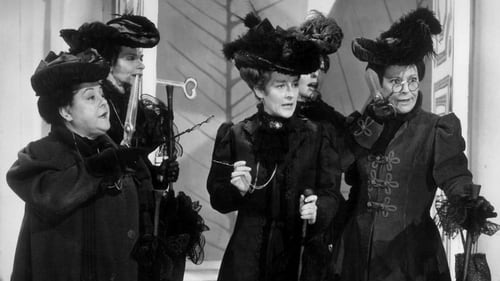
The Lecturer, leader of the Feminine League Against Frivolity, tells the history of eroticism and censorship from the beginning of time until the late 1960s.

O policial John Spartan e o violento bandido Simon Phoenix são condenados a um encarceramento criogênico conhecido como CryoPrison. Quando Spartan é finalmente descongelado 36 anos depois, já é 2032 e Los Angeles é agora uma utopia pacifista chamada San Angeles (junção de Los Angeles com San Francisco). Porém com Phoenix novamente à solta, Spartan deve colaborar com uma policial, Lenina, para apreender o assassino.

A documentary analyzing the furore which so-called "video nasties" caused in Britain during the 1980s.
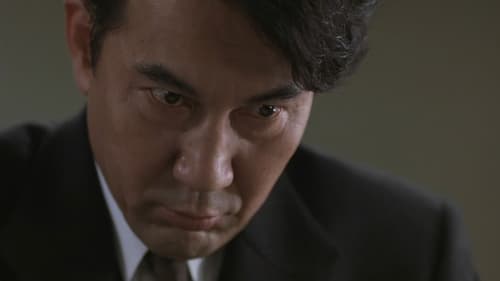
In pre-war Japan, a government censor tries to make the writer for a theater troupe alter his comedic script. As they work with and against each other, the script ends up developing in unexpected ways.

When a small Utah-based edited movie company is caught sanitizing Hollywood's copyrighted material, the film industry strikes back with a devastating blow.

It is a sex education film of sorts dedicated to all forms of human sexuality.
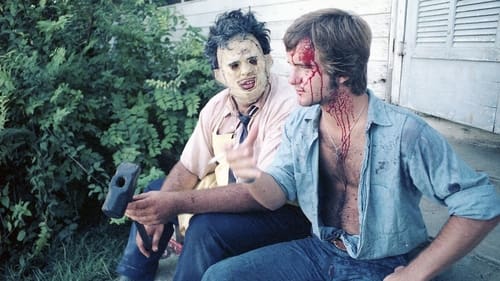
A documentary primarily focusing on the filming and release of the original Texas Chainsaw Massacre.

When an American filmmaker is commissioned to make a film for a Middle East Biennial on the theme of 'art as a subversive act,' his film is banned for blasphemy, he is asked to destroy every copy, and threatened with arrest.

In "Diana: The Mourning After" Christopher Hitchens sets out to examine the bogusness of "a nation's grief", tries to uncover the few voices of sanity that cut against the grain of contrived hysteria. His findings suggested that the collective hordes of emotive Dianaphiles sobbing in the streets were not only encouraged but emulated by the media. In the aftermath of Diana's death a three-line whip was enforced on newspapers and on TV, selling the sainthood line wholesale. The suspicion was that journalists, like the public, greeted the death as a chance to wax emotional in print, as a change from the customary knowing cynicism, to wheel out all those portentous phrases they'd been saving up for the big occasion. Sadly, they just seemed to be showboating; the eulogies, laments and tear-soaked platitudes ringing risibly hollow.

An investigation of government censorship in Iran.

The highly anticipated follow-up to their critically acclaimed VIDEO NASTIES: MORAL PANIC, CENSORSHIP & VIDEOTAPE documentary, director Jake West and producer Marc Morris continue uncovering the shocking story of home entertainment post the 1984 Video Recordings Act. A time when Britain plunged into a new Dark Age of the most restrictive censorship, where the horror movie became the bloody eviscerated victim of continuing dread created by self-aggrandizing moral guardians. With passionate and entertaining interviews from the people who lived through it and more jaw dropping archive footage, get ready to reflect and rejoice the passing of a landmark era.

More Dangerous Songs: And the Banned Played On features previously banned songs by the BBC including "Lola" by the Kinks, "Jackie" by Scott Walker and "(We Don't Need this) Fascist Groove Thang" by Heaven 17.

Through the conversation with Yugoslav film authors and excerpts from their films, this documentary film tells a story of a film phenomenon and censorship, and its focus is, in fact, a painful epoch of Yugoslav film called “a Black Wave”, which was the most important and artistically strongest period of Yugoslav film industry, created in the sixties and buried in the early seventies by means of ideological and political decisions. The film tells a great “thriller” story of the ideological madness which characterised the totalitarian psychology having left multiple consequences felt up to our very days. It stresses similarities between totalitarian regimes defending their taboos on the example of the persecution of the most important Yugoslav film authors. Those film authors have, however, made world careers and inspired many later authors. The film is the beginning of a debt pay-off to the most significant Yugoslav film authors.

















